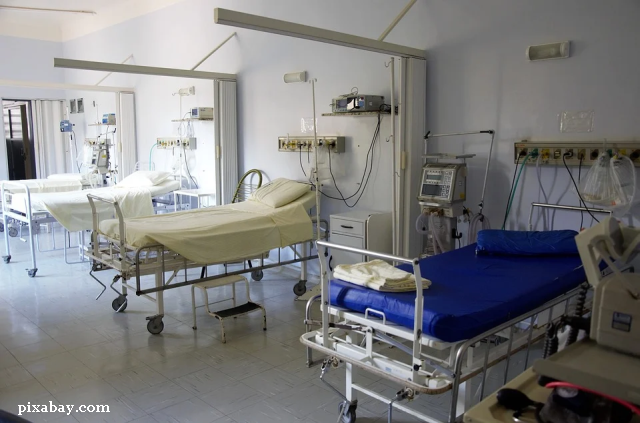Government approves fresh investments
The hospital and school networks are on the governments priority list for new investments.

Bogdan Matei, 23.02.2023, 13:50
The
Romanian government on Wednesday approved a list of 27 medical
facilities and public hospitals to undergo renovation and receive new
equipment under the National Recovery and Resilience Plan, accounting
for 2.1 billion euros made available to Romania by the European
Commission.
According to a government statement, the investment will
seek to ensure new medical services, improve the quality of existing
services, and provide medical equipment for the newly built or
renovated medical infrastructure. Almost 3,000 beds would be provided
under the project in medical facilities with enhanced energy
efficiency, as well as over 10,000 equipped beds, including with
digital equipment. The government says some of the new structures to
be built will replace existing buildings with high earthquake risk,
as is the case of the CC Iliescu Institute in Bucharest, which will
be entirely rebuilt. The 27 structures selected for investment were
established following an assessment by the health ministry based on
what the government described as strict eligibility and hierarchy
criteria. Other medical facilities meeting the necessary criteria to
receive funding include the Institute for Cardiovascular Diseases and
Transplant in Târgu Mureş, in the centre, new wards at Hospital no.
2 in Vaslui, in the east, and the County Emergency Hospital in
Bistriţa, in the north. The deadline the government has committed to
for meeting these objectives is the summer of 2026.
In its Wednesday’s
meeting, the government also allocated over 10 million euros for the
rehabilitation of the schools in Gorj county, in the south-west, that
were affected by last week’s earthquakes of a magnitude of over 5
which caused serious damage and a lot of panic, but fortunately no
casualties. Safe and healthy schools is the title of the new
programme under which the government plans to achieve the structural
consolidation of the 39 schools at highest risk in the event of a
major earthquake, as well as other education-related objectives.
Development minister Cseke Attila said the new programme provided for
shorter deadlines for issuing the urbanism certificate and other
approvals, as well as the building permit. He said the programme will
benefit the regional administrative structures where these schools
are located and that the former will also be in charge of carrying
out the investment projects. Until then, prime minister Nicolae Ciucă
asked the education ministry to come up with solutions as soon as
possible to support the local authorities, so that children may be
moved to safe locations. (CM)






























